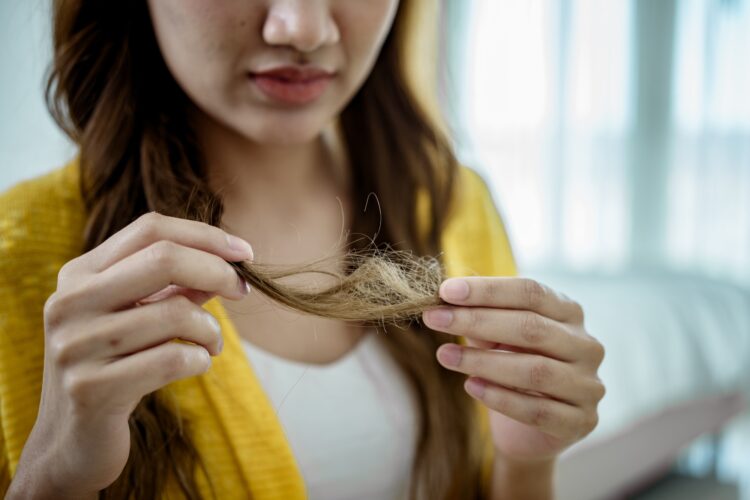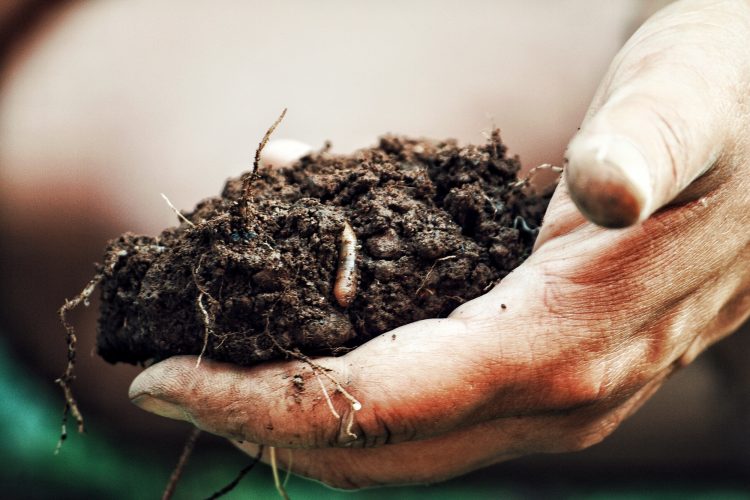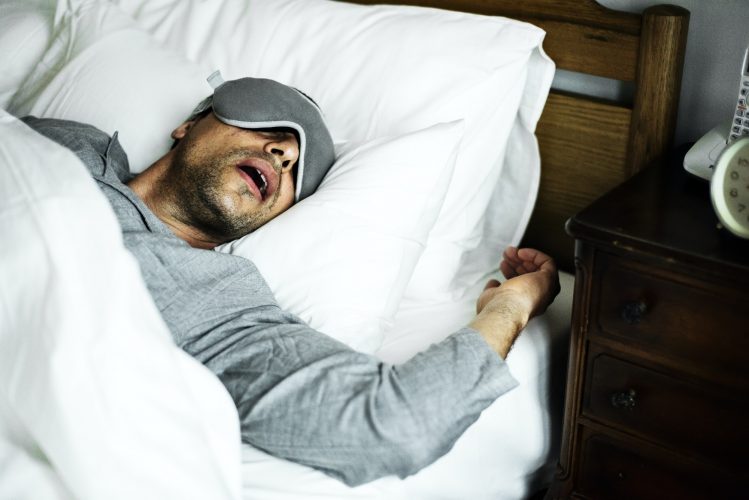Hair Damage
Sleeping with wet hair does not always cause damage, but may increase the likelihood of waking up with tangled or broken strands. Each strand of hair is made of a complex network of proteins and cells that determine the strand’s strength and elasticity, or how much it can stretch before returning to its original state.

Wet hair that has not been chemically treated has the ability to be stretched by up to 30% of its original length without causing serious damage or breaking.
Acne
There is no direct evidence that sleeping with wet hair will cause a person to develop acne. Nonetheless, some people caution against sleeping on a damp pillow, believing it to be an ideal environment for certain types of bacteria to thrive, potentially increasing the risk of skin problems like acne.

A pillow that is damp or has collected residue from hair products could potentially make acne worse by creating an environment that is humid or oily, leading to clogged pores and inflammation. For these reasons, some experts suggest it is better to sleep with clean and dry hair that is pulled away from the face.
Scalp Infections
For some people, sleeping with wet hair may lead to problems with their scalp. Both pillows and hair follicles can harbor certain types of fungi, a type of organism that can thrive in moist or damp environments.

There are many types of fungi on our bodies and in the environment that do not pose problems to our health. However, in the right conditions, some can cause infections and diseases that affect the scalp and other areas of the body.





